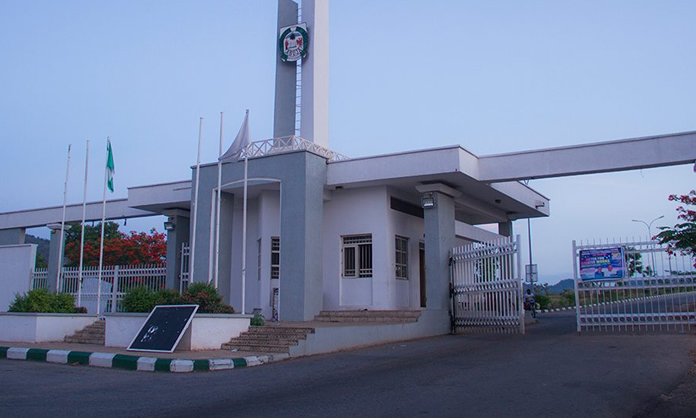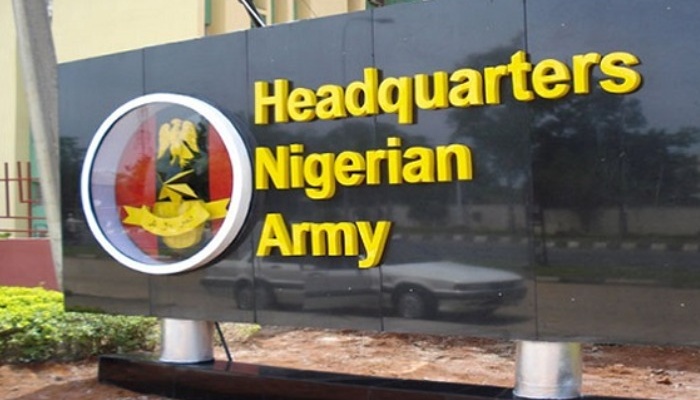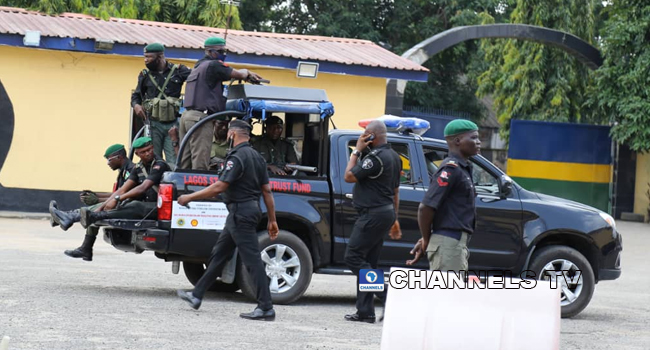Mali’s military junta announced the leaders of a new transition government in the Sahel state on Monday, which will retain strong army links despite international pressure to appoint civilians.
Junta leader Colonel Assimi Goita said in a televised statement that former defence minister Bah Ndaw would become transition president — while he himself would serve as vice president.
The announcement comes after the 15-nation West Africa bloc ECOWAS last week gave Mali’s ruling officers “days” to appoint civilian leaders, warning that it would not lift sanctions on the country otherwise.
West African leaders imposed sanctions on Mali — including a trade embargo and shuttered borders — in the wake of the August 18 military coup that ousted president Ibrahim Boubacar Keita.
The junta said last week that it would prefer the military to run the transition, however.
Ndaw, a 70-year-old retiree, was appointed transition president by a committee chosen by the junta, Goita said on Monday.
“Each proposal has its advantages and its disadvantages,” he said, referring to the choice between a civilian, or military president.
He added that the committee had taken “a global context” into account when picking Ndaw, in an apparent reference to pressure from ECOWAS.
– Helicopter pilot –
Ndaw is a former helicopter pilot who was once an aide-de-camp to Mali’s ex-dictator Moussa Traore, who died last week aged 83.
He later served as a defence minister under President Ibrahim Boubacar Keita — who was ousted in the military coup last month.
A veteran soldier, Ndaw also received training in the former Soviet Union as well as at Paris’s renowned Ecole de Guerre.
Monday’s announcement followed a three-day forum with political parties and civil-society representatives earlier this month, which met to outline a roadmap to restore civilian rule in Mali.
According to a charter which emerged from that forum, the transition president is meant to rule for 18 months before staging nationwide elections.
Delegates had hotly debated the military’s role in the transition government, with some arguing to hand over power to civilians in line with ECOWAS wishes.
Mali’s neighbours, who are anxious the war-torn country could spiral into chaos, have been pressuring the junta to swiftly hand over power.
Two days after the coup, ECOWAS stopped financial and commercial trade with Mali, except for basic necessities, drugs, equipment to fight coronavirus, fuel and electricity.
The sanctions could bite in the poor country already facing a severe economic downturn as well as a simmering jihadist insurgency and chronic inter-ethnic violence.
It was these state failures that provoked people into the streets earlier this year, with months of protests and unrest building up to the military arresting president Keita and seizing control.
ECOWAS has yet to react to Ndaw’s nomination as transition president, nor to Goita as vice president.
A swearing-in ceremony will take place on Friday, Goita said.
AFP







